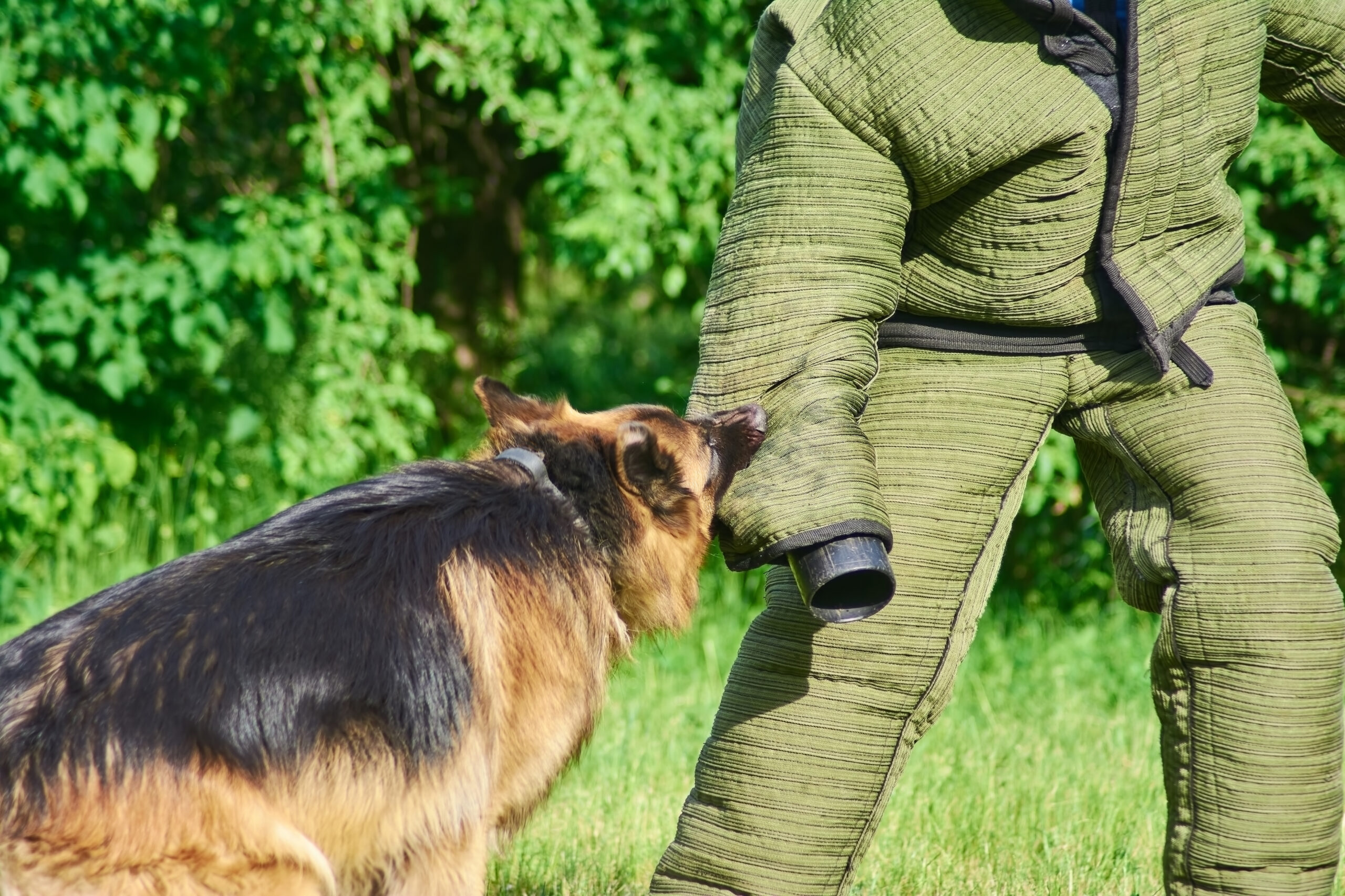Play
Playful puppies can quickly become overzealous and playful roughness can lead to injury. Dog bites that occur while playing are prevalent; however, they can still cause severe damage. Dog owners should be aware of familiar warning signs to prevent injury to people and animals. If an injury does happen, it may be wise to consult with an experienced injury attorney as soon as possible following the injury. Injury attorneys can review the situation, help determine medical and monetary damage incurred from the bite, and provide legal resources for victims of dog bites. Knowing these warning signs and having access to an injury attorney could help save you stress in the future.
Instinctive Reaction
Dog bites can be a scary and frustrating situation. Often, the root cause of such behavior can be traced back to an instinctive reaction. Many dogs are genetically hardwired with certain predatory behaviors, which may drive them to snap when they feel threatened or cornered. Not to say that all dog bites occur due to instinctive behavior, but it is a critical factor in many occurrences. Understanding why this form of aggression arises is vital for ensuring the safety of both people and animals in social situations. While some training exercises can help manage a dog’s aggressive tendencies, educating yourself about canine instinct-based reactions will help you better respond to any risks before they become unpredictable or uncontrollable.
Pain And Sickness
Pain is a natural defense mechanism for dogs; discomfort or fear can lead to a bite. Sickness can weaken the immune system, create pain, and increase irritability in dogs. Dogs can become overly protective of themselves when they are not feeling well, leading them to act aggressively. It can be seen with mild illnesses such as seasonal allergies up to more severe cases like kidney or gastrointestinal diseases. Taking proactive steps to identify underlying causes of discomfort and promptly providing appropriate treatments is essential in reducing the number of bites attributed to pain and sickness in dogs.
Experience And Environment
Dog bites can be a severe hazard to both humans and other animals. Often, they occur because of an animal’s experience or its environment in the present. If a dog has been maltreated, it might be naturally more inclined to lash out with aggression. Similarly, if a dog is kept in an unfriendly environment, such as one that lacks attention and human interaction, it can also lead to more biting behavior. Therefore, anyone holding a dog should ensure enough companionship and comfort and, when possible, avoid putting the animal in situations it may find stressful. That way, we can help create pet owners that understand how to prevent dog bites.
Fear
Fear is an emotion that can be as overwhelming to a dog as it is to humans. When a dog is afraid, it may respond by biting, which is why fear is one of the most common causes of canine aggression and dog bites. This sort of fear-based behavior can occur in any breed and size of a dog. However, it typically stems from either a lack of confident leadership from their owner or feeling threatened due to inadequate socialization. Understanding your pup’s triggers for fearful reactions and providing proper training, socialization, and support are practical tools for helping them manage nervous responses and reduce their likelihood of lashing out with a bite.


